HIV testing services, Voluntary Male Medical Circumcision and nearly 600,000 Orphans and Vulnerable Children now at risk
One month ago, the delivery of HIV services in Kenya was upended because of a shift in the United States of America’s policy direction on foreign aid. This shift was articulated in the “Re-evaluating and Realigning United States Foreign Aid” Executive Order signed by the President of the United States on January 20, 2025.
The executive order instructed that no further United States foreign assistance would be disbursed in a manner that is not fully aligned with the foreign policy of the President of the United States.
Most Kenyans were completely oblivious of the impact of this policy shift and how hard it would hit home. Articulated within the same executive order was a clause on a 90-day pause in all United States foreign development assistance to allow for assessment of programmatic efficiencies and consistency with United States foreign policy.
On January 24, 2025, the US Department of State ordered the immediate suspension of all foreign assistance. Two days later, all programs funded through the various US Government agencies in Kenya which include United States Agency for International Development (USAID), Centers for Disease Control (CDC), Department of Defence (DOD) in Kenya received a notification of a Stop Work Order and a suspension notice pending a review process that will determine which programs will be terminated, which ones will be modified and which ones will continue.
Globally, Kenya has the fifth largest number of people living with HIV, behind South Africa, Mozambique, Nigeria and Uganda
In one fell swoop, critical elements of the Kenyan Health system were paralyzed. None was more affected than HIV prevention and care and treatment services. In terms of global ranking, Kenya currently has the fifth largest number of people living with HIV, ranking behind South Africa, Mozambique, Nigeria and Uganda. These services have for the last 21 years in Kenya been supported by the US President’s Emergency Plan for AIDS Relief (PEPFAR).
Since 2003, the US government has invested at least $8 billion in Kenya. PEPFAR is overseen by the State Department but implemented primarily by other US Government agencies – particularly USAID, CDC and the Department of Defence (DOD). In the 2023 Financial Year, 60% of PEPFAR’s bilateral HIV assistance was obligated and implemented by USAID.
Through this support, Kenya has significantly reduced the impact of HIV/AIDS over the last ten years, achieving a remarkable 68% reduction in AIDS-related deaths and a 79% reduction in new HIV infections. With an estimated 1.378 million Kenyans living with HIV, 97% are receiving treatment through a robust network of 3,752 treatment sites.
Kenya was projected to meet the UNAIDS 95-95-95 targets by 2025—aiming for 95% of people living with HIV to know their status, 95% of those diagnosed to access treatment, and 95% of those on treatment to achieve viral suppression. These gains would not have been possible without the robust support of the US Government through PEPFAR and its implementing agencies. For this, Kenya will forever remain grateful for the immense support it has received through the American people.
The results of the suspension of the infrastructure and machinery that supports HIV services has been devastating. HIV prevention services including HIV testing services for the general population, Voluntary Male Medical Circumcision (VMMC) and provision of Pre-Exposure Prophylaxis (PrEP) has been affected. Social and health services to nearly 600,000 Orphans and Vulnerable Children have been stopped or severely reduced in scope.
By 2023, PEPFAR supported nearly 43,000 health care workers across Kenya
Lifesaving commodities such as Anti-Retroviral Drugs and supplies that enable provision of critical tests like Viral Load are at risk. Data monitoring systems tracking key metrics relating to HIV care and reporting to the National Data Warehouse have been affected. In addition, the withdrawal of health care workers supported through PEPFAR funds has resulted in service delivery points being shut. To put into context the scale of the problem, as of 2023, PEPFAR supported nearly 43,000 health care workers across Kenya, including Clinical, Community, Program Management staff.
As a country, we are at a serious risk of erosion of the hard-fought gains against HIV/AIDS. In a county like Turkana, during the suspension period of PEPFAR funds, the number of reported HIV patients in care dropped by a staggering 19% in one month resulting in a level of numbers of patients in care last seen five years ago. Quite literally, five years of work has been erased within a month. With its predominantly pastoralist community, which accounts for 60% of the population, reversing those losses will not be easy.
For almost 70 years, Amref Health Africa has been a lifeline for communities across the continent, delivering healthcare to 17 million people annually. That life-saving work is now in jeopardy, reversing gains made especially in the last 20 years.
We are working closely with the Government and key stakeholders, including donors, to mitigate the interruptions in services. We find ourselves as a nation at a crucible moment; one that will require leadership and the action of taking responsibility.
We need to address emerging funding gaps and reduce donor dependency in the health sector
Leadership is best demonstrated in times of crisis. We have an opportunity as a country to step up. We therefore call upon the Kenyan Government and other key stakeholders to converge and offer practical solutions to this crisis. We need to ramp up our domestic resource mobilization to address emerging funding gaps and reduce donor dependency in the health sector. We need to operationalize Universal Health Care to ensure HIV and TB services are well covered.
We need to integrate HIV services into routine health services in our hospitals and health centres rather than the silo approach that is currently prevailing. We need as a nation to commit to create the bandwidth in our county and national government budgets to absorb the health care workers currently supported by donor funding to ensure the health system does not collapse should key donors pull out.
At this moment of crisis, we need solutions. It is time to stand up and be counted. We owe it to the nearly 1.4 million men, women and children living with HIV in the country who are counting on us.
Dr Evans Osembo is Chief of Party, Amref Health Africa in Kenya
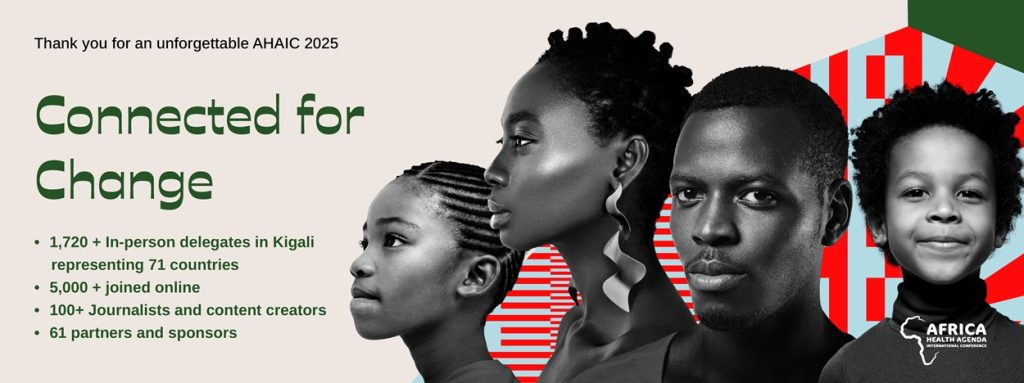



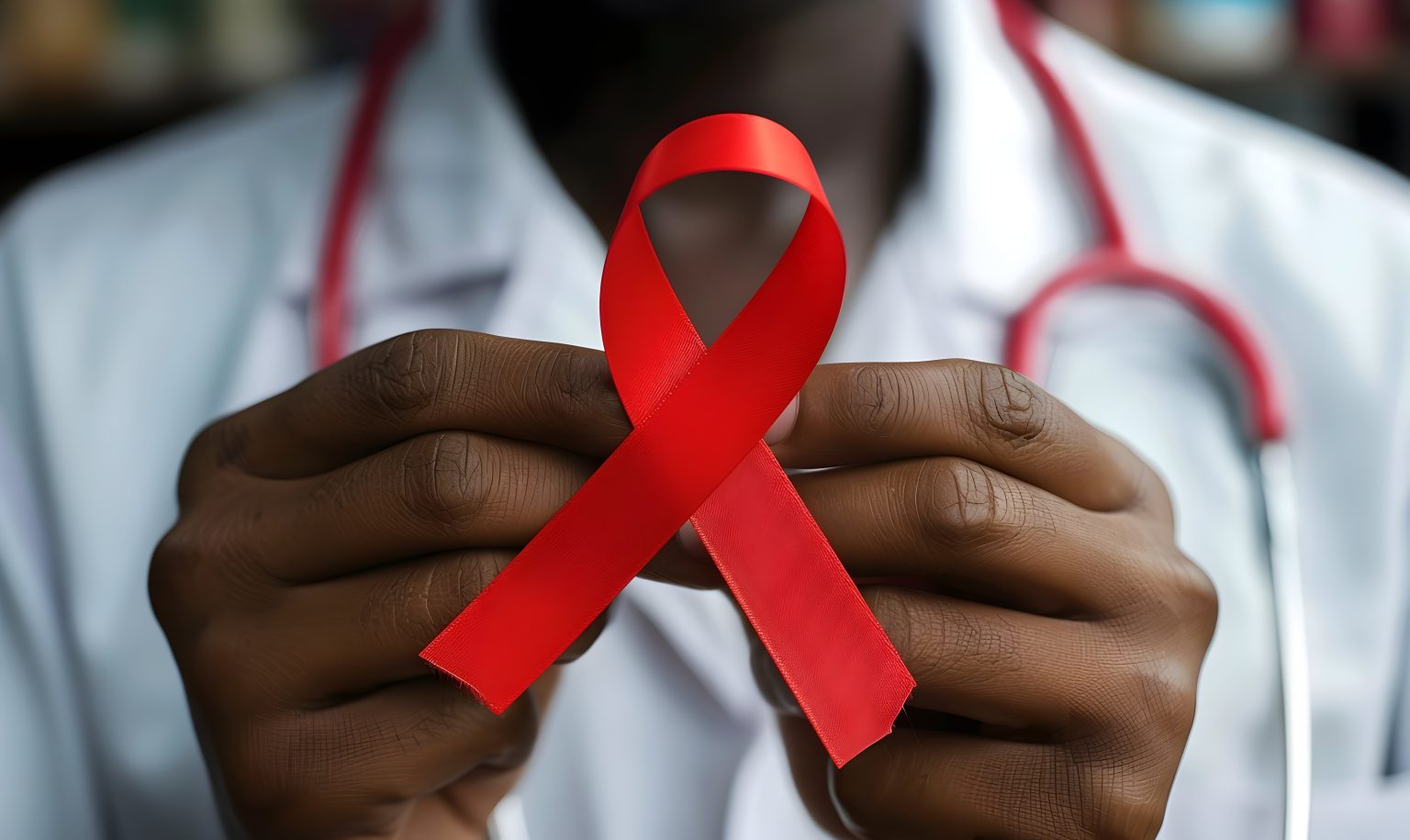



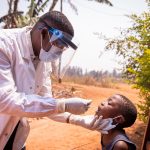









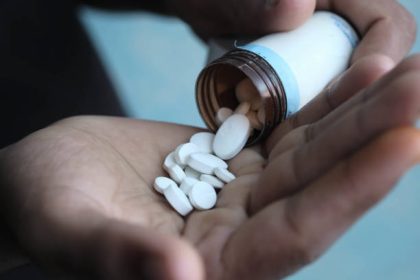

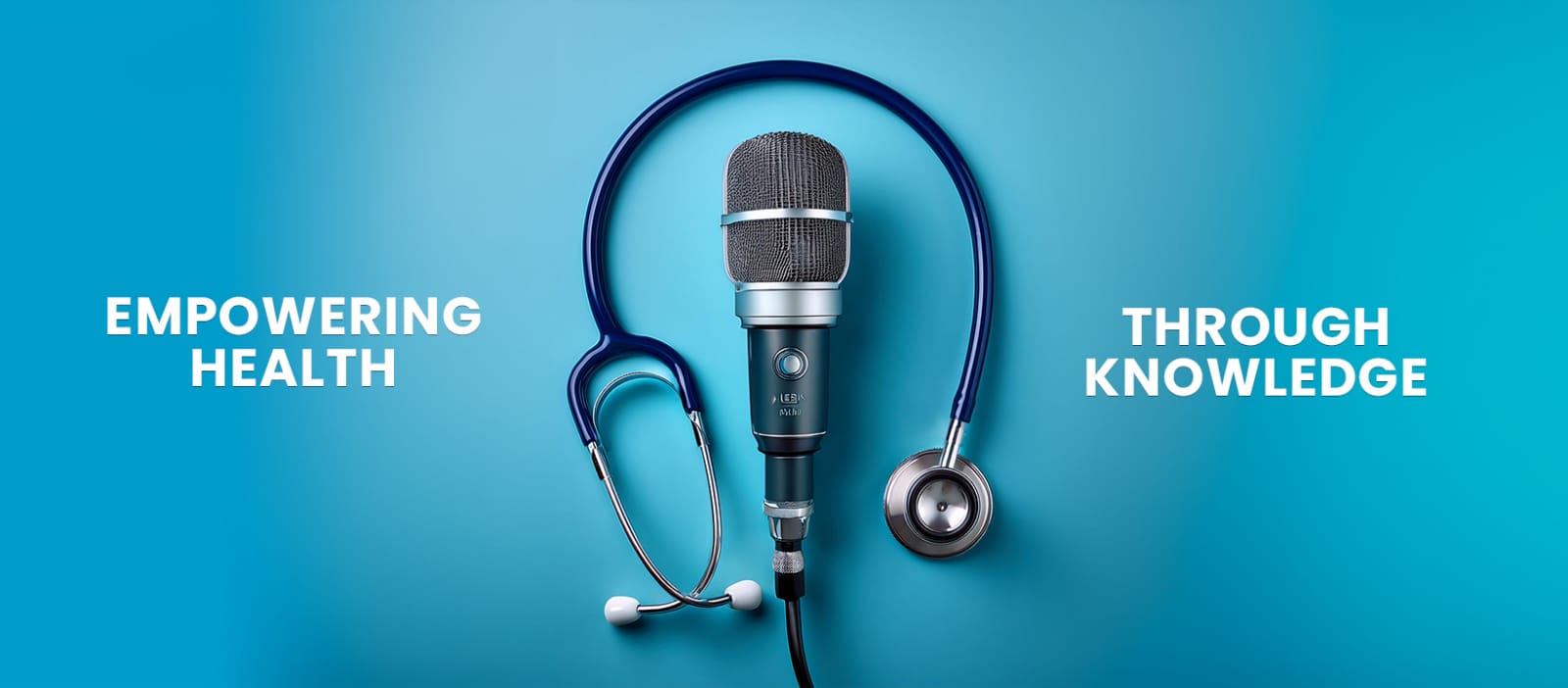
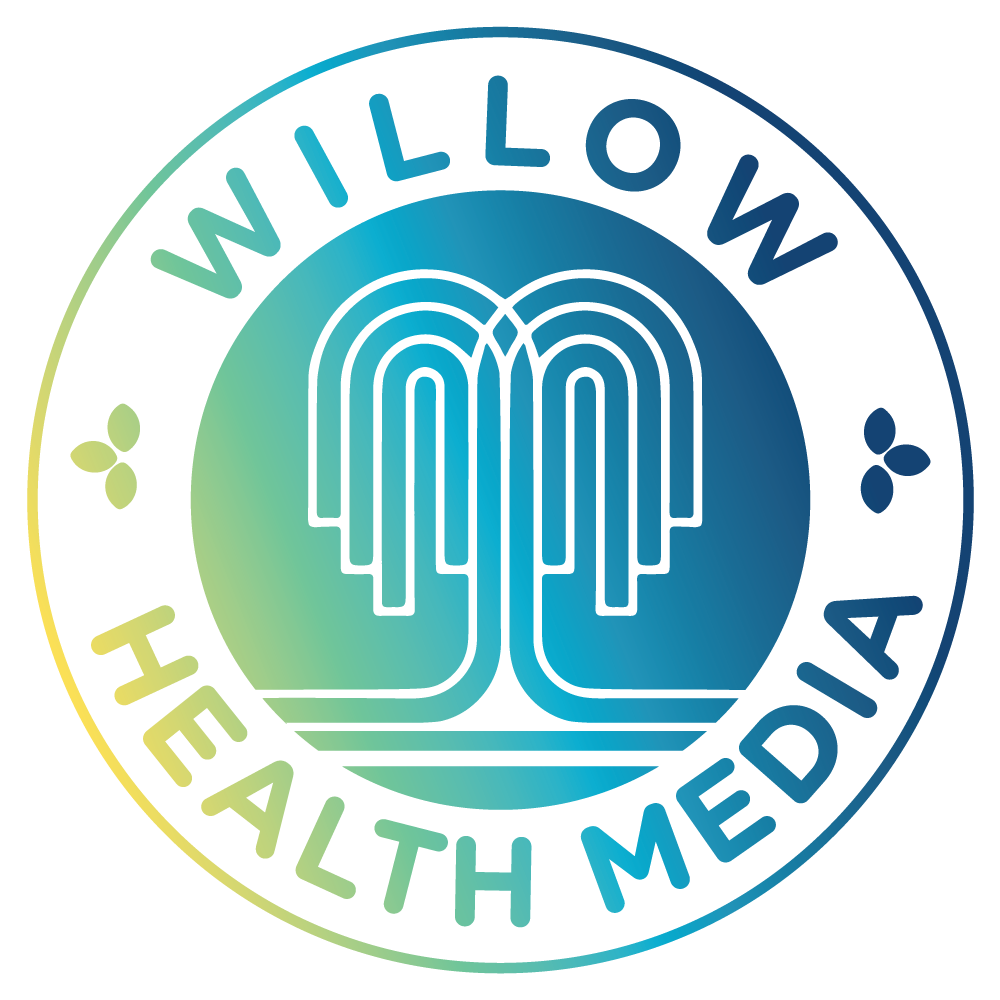

Very informative piece on the impact of USG funding decisions. The proposed solution to enhance domestic resource mobilisation should also be accompanied by discipline in the fiscal space